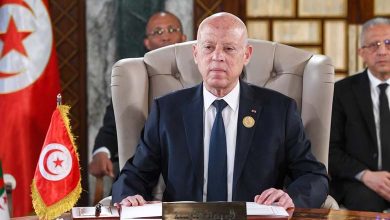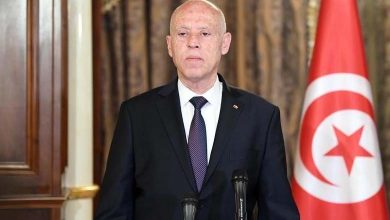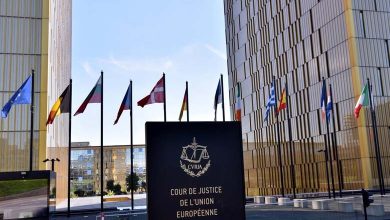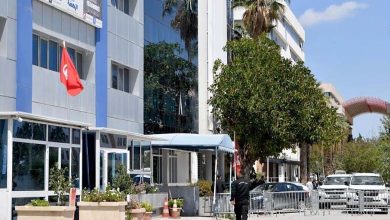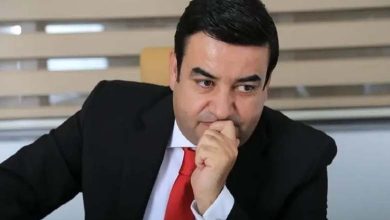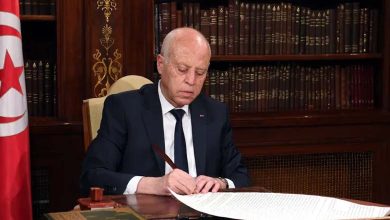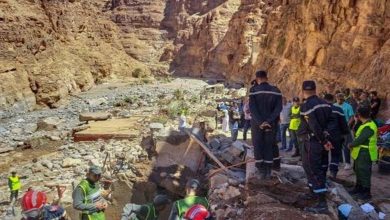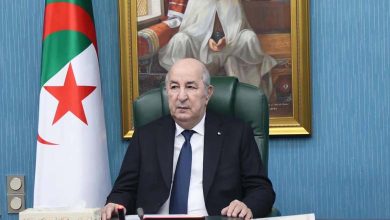The Sahara, a pivotal file for determining the trajectory of relations between Paris and Rabat
Questions persist about the possibility of future French recognition of the Moroccan Sahara's sovereignty, given the ongoing perception that this issue remains existential for Rabat
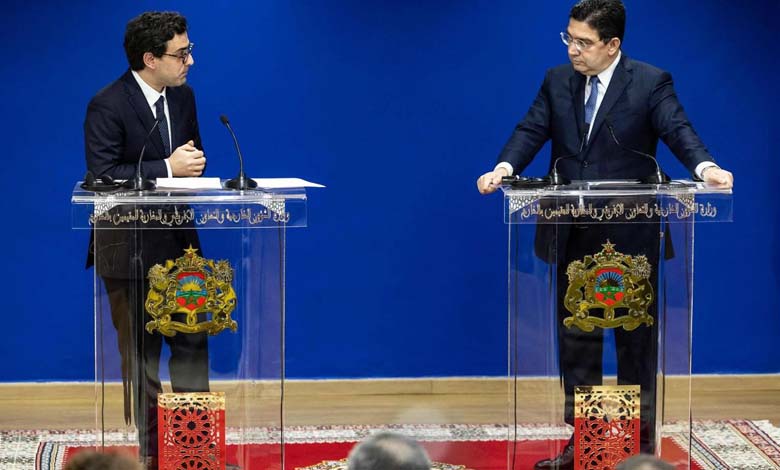
A report published by the “World View Platform” highlights the centrality and importance of the Moroccan Sahara issue in the tensions observed in relations between Paris and Rabat, despite efforts to overcome this phase and thaw the chill between the two countries, despite the presence of other contentious issues such as visas and French interference in Morocco’s internal affairs.
The report emphasizes that the dispute between the two countries has significantly surfaced during the Al Haouz earthquake, where Morocco accepted government aid from European countries such as Spain, the United Kingdom, the United Arab Emirates, and Qatar while ignoring French aid, a clear message from Rabat.
It also refers to the history and strength of the relationship between France and Morocco after independence in 1956, where Paris remained one of Rabat’s major trading partners over the past decades. However, this did not prevent the Moroccan side from taking a stance against France in light of the Moroccan Sahara issue, after King Mohammed VI considered this issue as the lens through which Morocco views the world.
Although Morocco linked its rejection of French aid after the earthquake to technical and geographical criteria, this does not negate the fact that it is related to the French position on the Sahara issue and the autonomy initiative to end the artificial conflict.
A researcher in international relations at the National Institute of Languages and Eastern Civilizations in Paris, quoted in the report published by Hespress, indicates that “since the departure of the Spanish colonial forces from the Sahara region in 1975, the conflict has remained between Morocco and the Polisario supported by Algeria, while the region remains of strategic importance and a sacred national issue for the Kingdom.”
He clarifies that “since the end of Spanish presence in the region, the French position has been clear, it does not recognize Moroccan sovereignty over the Sahara, but supports United Nations positions. However, after several European countries aligned themselves alongside the United States in supporting the Moroccan Sahara, such as Spain and the United Kingdom, France’s wait-and-see approach has angered Moroccans and began to fuel diplomatic tensions between the two countries.”
The report highlights the role of current French President Emmanuel Macron since taking office in 2017 in worsening relations with Rabat, with his efforts to improve relations with Algeria, the main supporter of the Polisario Front, contributing to the continuation of the artificial conflict.
It emphasizes that “disturbances in the relationship between Rabat and Paris worsened after the restrictions imposed by the French administration in September 2021 on visas for citizens of the Arab Maghreb region, including Moroccans, were lifted in December 2022, but this was not enough to mitigate the damage in the relationship between the two countries, further exacerbating the situation thereafter.”
It also notes that “cooperation remains in place between Rabat and Paris, with cultural, economic, security, and social ties still intact between the two countries, and France remains a hub for Moroccan migrants, in addition to maintaining French as a central language in the kingdom, along with being a base for French investments, which also reinforces cooperation in security matters between the two countries.”
It stresses that “the point of improvement began with the announcement of the appointment of the Moroccan ambassador to Paris last October, followed by a meeting between the First Lady of the Republic, Brigitte Macron, with members of the Moroccan royal family at the end of February last, before the new French Foreign Minister, Stéphane Séjourné, embarked on a visit to the kingdom during his first visit to a Maghreb country.”
The report also wonders “whether future French recognition of Moroccan sovereignty over the Southern Provinces is conceivable, given the acknowledgment by the French Minister of Foreign Affairs of the French Republic that this issue remains existential for Rabat, as well as his confirmation that the time has come to make progress on the issue as other countries have taken very advanced positions in this regard.”
It is believed that Paris is now convinced of the Moroccan perspective that the Sahara issue remains the most important issue in defining the nature of relations and foreign policies of Rabat.



